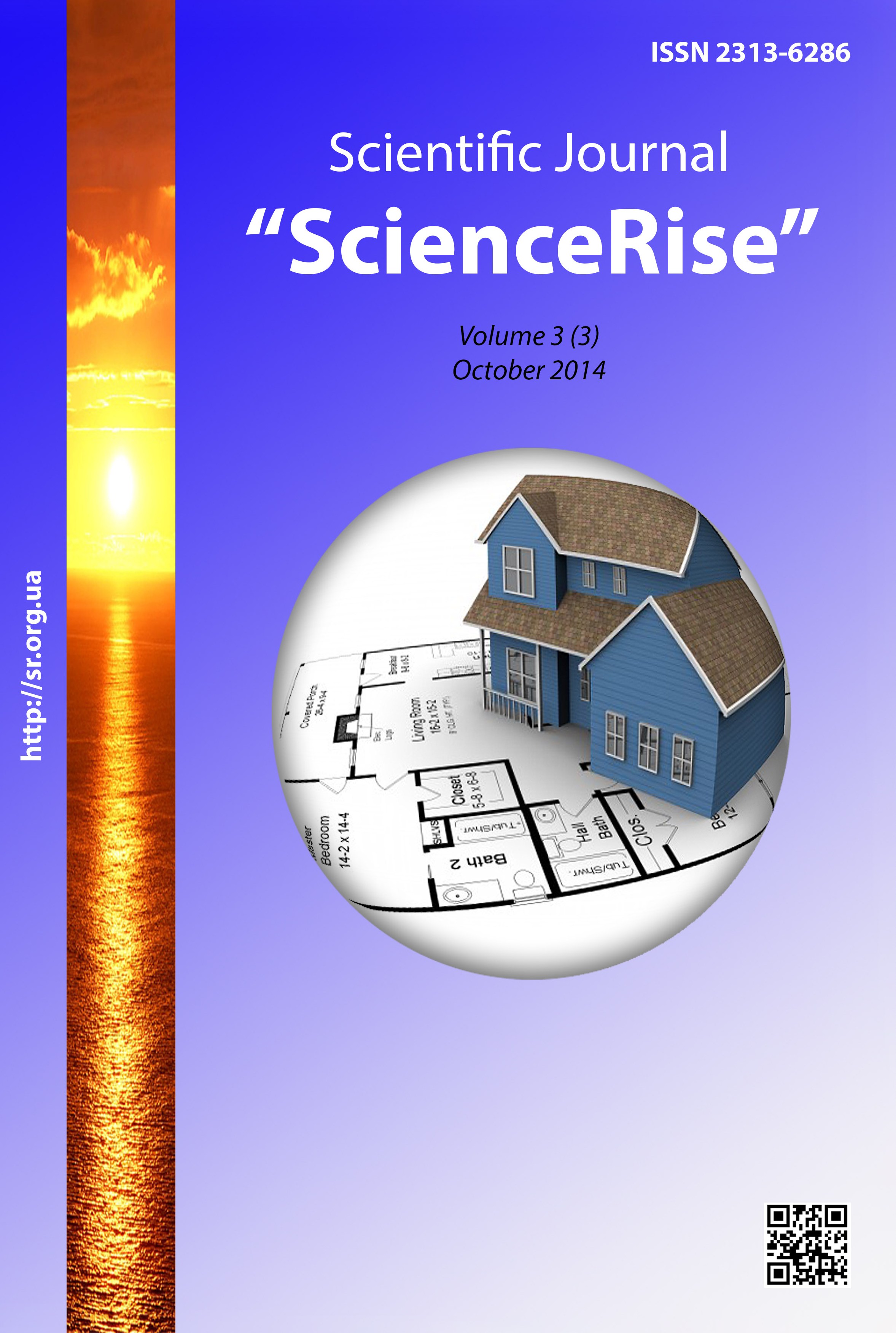Methodological aspects of transformation approach usage in relation to electoral space research
DOI:
https://doi.org/10.15587/2313-8416.2014.27606Keywords:
electoral space, transformation model, qualitative methods, quantitative methods, factor analysis, correlation analysisAbstract
The methodological principles of transformation model usage with the use of qualitative and quantitative methods of electoral space researches are developed in the article. There are methods of factor and correlation analysis among these methods. The approach to parametric definitions and methodological consolidation fixing of "Correlation line fracture segment between two rows of data" index (in the context of estimation the electoral space during election campaigns) are developed and proposed.
References
1. Blagoveshhenskij, Ju. N. (2004). Analiz vyborov v Dumu-2003 i stratifikacija izbiratelej. Internet-monitoring vyborov 2003-2004 gg. v Rossii [Analysis of elections in Parlament - 2003 and stratification of electors. Internet-monitoring of elections 2003-2004 is in Russia]. Moscow, Russia: INDEM, 115–130.
2. Grishin, N. V. (2008). Dinamika jelektoral'nyh predpochtenij naselenija Juga Rossii. Sravnitel'noe issledovanie [Dynamics of electoral preferences of population of South of Russia. Comparative research]. Moscow, Russia: Publishing house "Socio-political IDEA", 182.
3. Dziadyk, Yu. V. (2009). Obraz Ukrainy u elektoral'nomu prostori: dynamika, konstanty, prohnoz [Character of Ukraine in electoral space: dynamics, constants, prognosis]. Available at : http://vs.irtc.org.ua/~dzyadyk/vyb/Dzyadyk-2009-11-17.pdf (Last access: 17.09.2014). Title from the screen
4. Doklad o chelovecheskom razvitii 2013. Vozvyshenie Juga: chelovecheskij progress v mnogoobraznom mire [Lecture about human development 2013. Rise of South : human progress in the varied world]. Available at : http://hdr.undp.org/sites/default/files/hdr_2013_ru.pdf (Last access: 17.09.2014). Title from the screen
5. Evstifeev, R. V. (2009). Melodii jelektoral'nyh prostranstv. Politicheskij process i jelektoral'nye predpochtenija izbiratelej (Vladimirskaja oblast', 1999-2009 gg.) [Melodies of electoral spaces. Political process and electoral preferences of electors (Vladimirskiy area, 1999-2009)]. Vladimir, Russia: Sobor, 192.
6. Kliuzhev, O. V. (2012). Elektoral'nyj prostir u konteksti transformatsijnykh zmin v ukrains'komu suspil'stvi [Electoral space is in the context of transformation changes in Ukrainian society]. Donetsk, 193.
7. Kovrov, V. F. (2007). Teoretiko-metodologicheskij analiz jelektoral'nogo povedenija: sociologicheskij aspekt [Theoretical methodological analysis of electoral behavior: sociological aspect]. Moscow, Russia: Paleotip, 188.
8. Meleshkina, E. (2000). Faktory strukturirovanija jelektoral'nogo prostranstva [Factors of systematization of electoral space]. Structure and dynamics of Russian electoral space, 2, 89–92
9. Furashev, V. N. (2007). Modelirovanie informacionno-jelektoral'nyh processov [A design is informative – electoral processes]. Kyiv, Ukraine: NIICPI AprN Ukraine, 182.
10. Hamutovskaja, S. V. (2011). Konkretno-sociologicheskij podhod k izucheniju jelektoral'nogo povedenija naselenija: sushhnost' i osobennosti [Certainly-sociological going near the study of electoral behavior of population: essence and features]. Sociological almanac, 2, 263–269.Downloads
Published
Issue
Section
License
Copyright (c) 2014 Михайло Михайлович Шелемба

This work is licensed under a Creative Commons Attribution 4.0 International License.
Our journal abides by the Creative Commons CC BY copyright rights and permissions for open access journals.
Authors, who are published in this journal, agree to the following conditions:
1. The authors reserve the right to authorship of the work and pass the first publication right of this work to the journal under the terms of a Creative Commons CC BY, which allows others to freely distribute the published research with the obligatory reference to the authors of the original work and the first publication of the work in this journal.
2. The authors have the right to conclude separate supplement agreements that relate to non-exclusive work distribution in the form in which it has been published by the journal (for example, to upload the work to the online storage of the journal or publish it as part of a monograph), provided that the reference to the first publication of the work in this journal is included.

